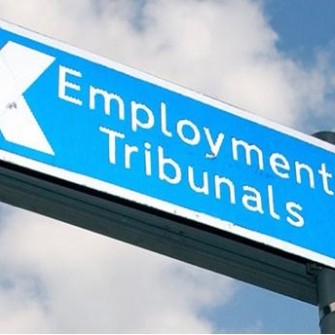54,000 new mothers out of work as a result of pregnancy
One in nine new mothers faces losing their job each year as a result of their pregnancy.
A report by the Equality and Human Rights Commission, published on Friday, July 24, said that every year 54,000 women are forced out of their jobs due to pregnancy and maternity discrimination.
The survey was conducted by the commission, alongside the Department for Business, Innovation and Skills.
The survey of 3,200 women revealed that 11% of them had been dismissed, made compulsorily redundant when others in their workplace were not, or felt they had to leave their jobs because they were being treated so poorly. This could mean as many as 54,000 new mothers losing their jobs each year if replicated across the whole population.
The research also discovered that one in five new mothers experience harassment or negative comments from their colleagues, employer or manager while they were pregnant or when they returned from maternity leave.
Caroline Waters, Deputy Chair of the Equality and Human Rights Commission, said: “This research reveals the worrying levels of discrimination and disadvantage at work that women still face today.
“Not only is discrimination unlawful, but it is also bad for business.”
Frances O’Grady, General Secretary of the Trades Union Congress, said that employers were not facing up to the scale of pregnancy discrimination.
“This shocking report shows that many employers are in denial about the scale of pregnancy discrimination in their workplaces.
“Becoming pregnant should be one of the happiest times in a woman’s life, not a period of anxiety and stress.
“These findings must not be swept under the carpet. The current culture of bullying, harassment and ill-treatment that many female workers experience must be consigned to the past,” she said.
UnionLine lawyers have expertise in areas of employment law including maternity discrimination, sex discrimination, and flexible working. Through your GMB membership, you can have access to legal support and advice on these matters from UnionLine.
We will work closely with your union officials and specialist local panel firms to ensure you receive advice and help that is relevant to you.

